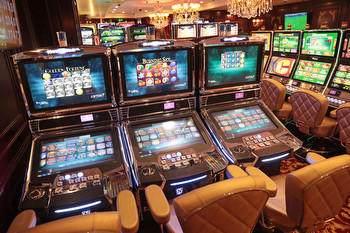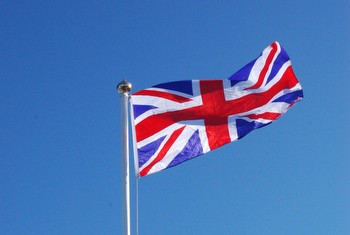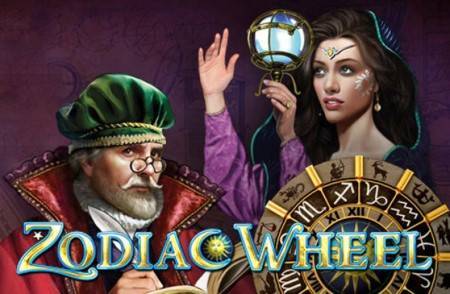Online slot machine stakes to be capped at £5 in Great Britain
The amount that can be staked on the spin of an online slot machine will be capped at £5, or £2 for younger customers, as part of government plans to tighten regulation of the £11bn-a-year gambling industry in Great Britain.
Online slots are currently exempt from limits on how much punters can wager.
But under plans revealed by the Guardian on Wednesday and confirmed on Thursday, online stake limits will be brought more closely into line with machines in bricks-and-mortar bookmakers and casinos, starting from September.
The measure, part of a package of gambling proposals set out in a white paper last year, is expected to cost the gambling industry almost £170m of its annual £10.9bn revenues, according to the government’s calculations.
While the maximum stake of £5 for over-25s is at the lower end of the range of up to £15 that the government considered during its 10-week consultation, campaigners said the plan did not go far enough. Shares in gambling companies also rose after the Guardian’s report.
But the minister for gambling, Stuart Andrew, said the government had taken the right steps to protect vulnerable people and younger people in particular.
“Although millions of people gamble safely every single day, the evidence shows that there is a significantly higher problem gambling rate for online slot games,” said Andrew.
“We also know that young adults can be more vulnerable when it comes to gambling-related harms, which is why we committed to addressing both of these issues in our white paper.
“The growing popularity of online gambling is clear to see, so this announcement will level the playing field with the land-based sector and is the next step in a host of measures being introduced this year that will protect people from gambling harms.”
Problem gambling is typically determined by either the DSM-IV measure of mental disorders or the problem gambling severity index (PGSI), which asks questions such as whether gamblers have suffered stress, financial or social problems due to their habit, or have bet more to try to win back lost funds.
The last nationwide NHS survey to chart problem gambling by type of product, in 2018, found that 8.5% of online casino players, including slots, were defined as problem gamblers by either PGSI or DSM-IV.
The rate is far higher than land-based slot machines at 5.1%, online sports betting at 3.7%, and the 1.3% figure it gave for any gambling at all, excluding the lottery.
Since that survey, the online casino sector has soared in popularity, increasing revenues from £3.1bn to £4bn. Of that total, slots make up the vast majority of gamblers’ losses to online casinos, at £3.2bn.
The government expects the new stake limits to cost the industry £170m, or approximately 1.5% of its annual £10.9bn income, factoring in customers switching their spending to other products.
Shares in companies that offer online slots, such as the Ladbrokes owner Entain, Flutter, and 888, rose faster than the FTSE 100 on Wednesday, indicating no concern among investors.
Campaigners for tougher gambling regulation said they believed the government should have imposed a blanket stake limit of £2 across the board, in line with action taken to rein in £100-a-spin fixed-odds betting terminals (FOBTs) in 2019.
Charles Ritchie, a co-founder of the charity Gambling with Lives, said: “The £2 limit for under-25s is a step in the right direction, but £5 for over-25s is another missed opportunity to stop the harm to millions and the devastation caused by gambling suicides.
“Stake limits offer some reduction in harm but the products are still highly addictive, so we also need much slower spin speeds, affordability checks, and proper public health information about the dangers.”
In a press release, the Department for Culture, Media and Sport said online slot machines were “associated with large losses, long sessions, and binge play”.
It said the decision to impose a lower limit for under-25s was based on evidence showing higher rates of problem gambling among younger people, who also have lower disposable income and whose brains are still developing, affecting their assessment of risk.
Michael Dugher, the chief executive of the industry lobby group the Betting and Gaming Council (BGC), said: “We welcome the government’s decision on new stake limits for online slots games, which provide enhanced protections for young people.”
































